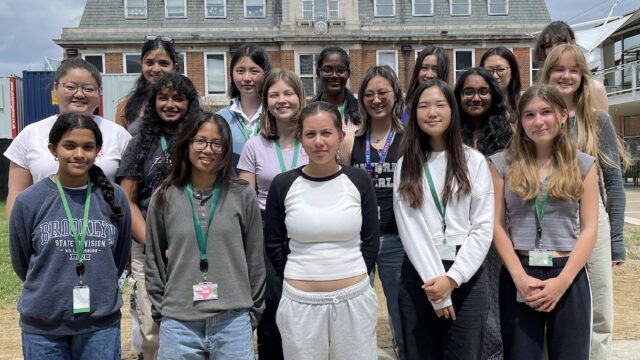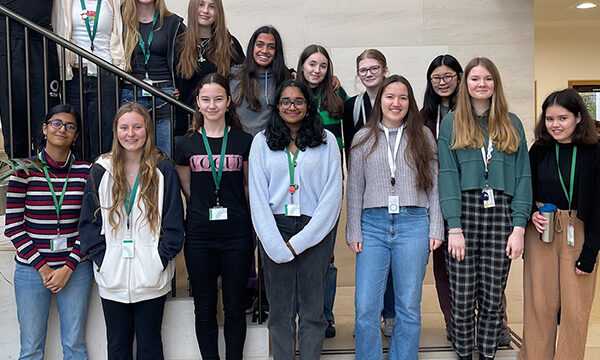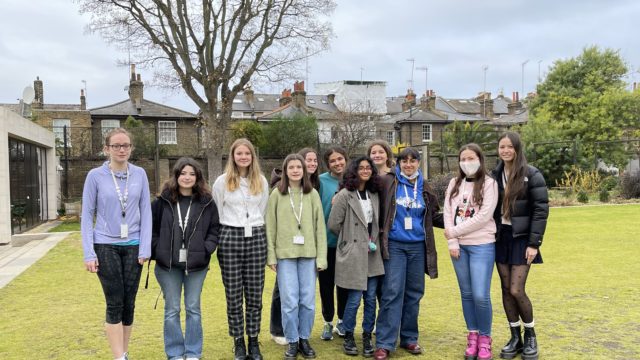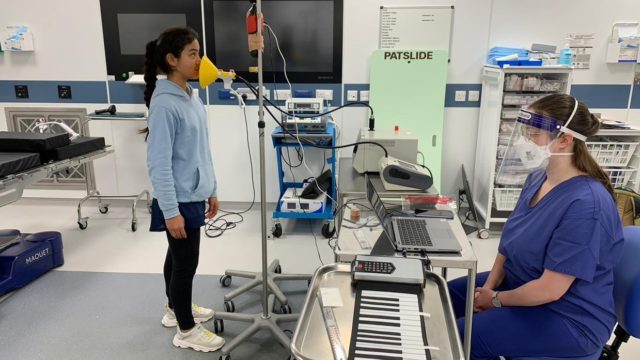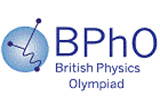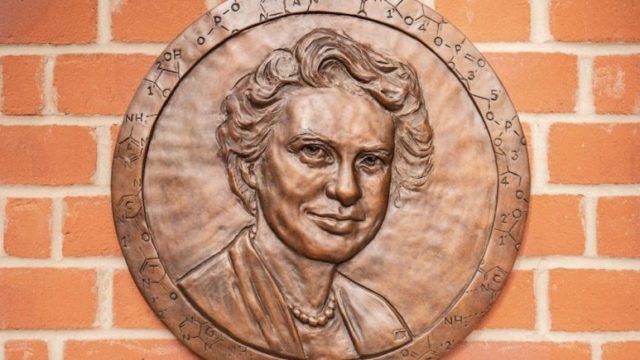Physics
Physics is at the heart of everything: from the very smallest to the largest parts of our world.
What we study
We study physics for three main reasons: physics is interesting, physics is useful and physics enables a wide variety of careers. It can be as practical as calculating the stresses in a bridge or as abstract as mapping the curved space-time near a black hole. Physics studies systems ranging in size from the smallest elementary particles to the entire universe. The skills learnt in studying physics can be applied in every walk of life.
In the first year you will cover mechanics, materials, electricity and waves, as well as an introduction to quantum mechanics in the section on the particle nature of light. The second year of the A level course will extend your knowledge of mechanics as study moves to oscillations, as well as gravitational and electric fields, electromagnetism, radioactivity, thermodynamics, particle physics, astrophysics and cosmology.
Much of what you learn at GCSE is historically established physics; the A level builds on this while also looking at new topics that are on the cutting edge of research today. Just to list a few examples amongst many more – Einstein’s theory of relativity is discussed as an alternative to Newtonian mechanics, the version of the standard model you study today is different to a few years’ back, due to the discovery of the Higgs boson, and there is now a discussion of gravitational waves included.
In addition to the written examination papers you will sit, your teacher will make an assessment of your practical competence.
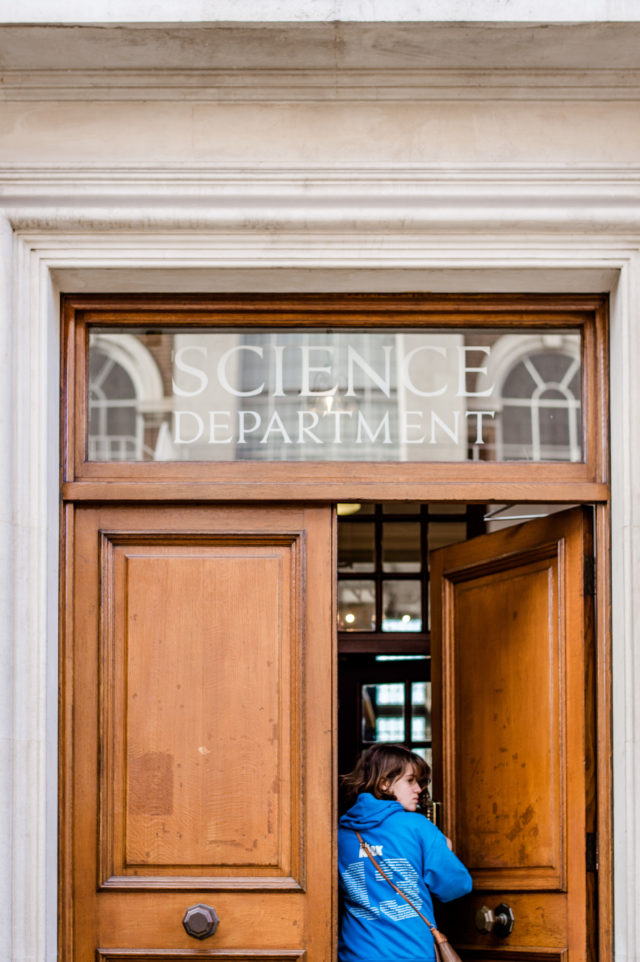
Beyond the curriculum
We regard the curriculum as a spring-board for exploring all fields of physics, which we encourage through a broad range of co-curricular activities. The Physics Society brings in external speakers and senior students lead sessions with the younger year groups exploring anything and everything they fancy, from vortices to building a cloud chamber to detect radioactive particles from space, to using a rowing machine for electromagnetic induction.
Each year Paulinas take part in the British Physics Olympiad and have won numerous gold, silver and bronze awards. Senior School students thinking of pursuing engineering at university can be involved with the Engineering Education Scheme working with an engineering firm.
Last year, six of our A level students took part by spending six months working at a local engineering company designing a pumping station and were rewarded with Gold CREST Awards. During the last academic year, two students in the VII (Year 12) received the Arkwright Scholarship. The scheme aims to inspire and nurture future leaders in engineering and technical design by supporting students through their A level and encouraging them to pursue those subjects at university.
Students have the opportunity to participate in a range of subject-specific trips. Some examples include: an academic exchange trip with the African Science Academy in Ghana, as well as trips to the Kennedy Space Center in Florida, CERN in Switzerland, the Diamond Synchrotron in Oxfordshire and particle physics masterclasses at Imperial College.
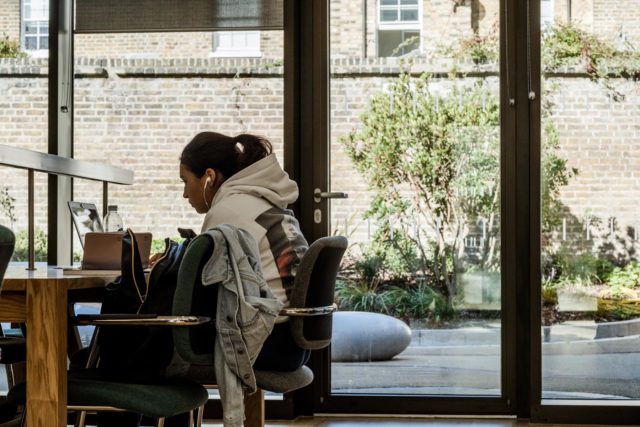
Where it might lead
In the last few years Paulinas have gone on to study physics and engineering courses at courses at Cambridge, Durham, Imperial and Oxford, as well as Ivy League colleges in the United States. Studying physics gives you an impressively diverse skill set, with significant links with other sciences and highly regarded by medical schools. There are strong interconnections between physics and other technical disciplines such as engineering, software design, nuclear medicine and materials science. The analytical and quantitative skills of a physicist are also widely applicable in areas such as management, law and finance.
Qualification
A level
Board
Edexcel
Mode of Assessment
100% examinations with Practical Endorsement (Pass/Fail)
